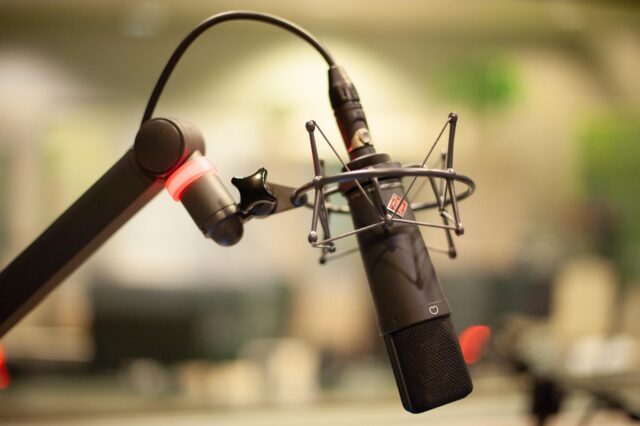By The Circle
The Corporation for Public Broadcasting (CPB), a cornerstone of public media in the United States since 1967, will cease operations after Congress rescinded $1.1 billion in previously approved funding. The announcement comes in the wake of a major appropriations bill passed by the U.S. Senate that excluded any future allocations for the nonprofit, and just days after Trump signed into law a rescissions package.
“Despite the extraordinary efforts of millions of Americans who called, wrote, and petitioned Congress to preserve federal funding for CPB, we now face the difficult reality of closing our operations,” Patricia Harrison, CPB’s president and CEO, said in a statement.
The shutdown is expected to take full effect at the end of the current fiscal year, September 30, 2025. Most CPB staff will be laid off at that time, with a small transition team remaining through January 2026.
Founded under the Public Broadcasting Act of 1967, CPB has long provided federal support to National Public Radio (NPR), the Public Broadcasting Service (PBS), and more than 1,500 local stations across the nation, including dozens of tribal and rural outlets. These stations often serve as vital information hubs for underserved communities, particularly where broadband or cell coverage is scarce.
The funding loss is expected to deal a particularly devastating blow to Native American communities, where tribal-run stations rely heavily on CPB dollars to operate. According to Native Public Media, an organization that advocates for Indigenous broadcasters, dozens of Native stations now face the threat of closure.
“These are not just radio stations. They’re lifelines,” the group said in a statement. “For many rural Native communities, these are the only sources of local news, public safety alerts, emergency messaging, election information, and cultural programming, including language preservation efforts.”
In areas without reliable internet or cellular service, radio remains a crucial means of communication. For some tribal communities, shutting down local public stations could mean the loss of access to weather warnings, wildfire alerts, missing persons bulletins, and critical health updates.
Sen. Patty Murray (D-Wash.), the top Democrat on the Senate Appropriations Committee, voiced strong opposition to the decision to strip CPB from the Labor, Health and Human Services, and Education spending bill for fiscal year 2026.
“It is a shameful reality, and now communities across the country will suffer the consequences as over 1,500 stations lose critical funding,” Murray said during a committee markup session.
In July, the Republican-led push to defund the CPB voted to passed a $9 billion rescissions package that clawed back federal spending on public broadcasting and foreign aid, including the $1.1 billion earmarked for CPB. Trump signed the measure into law days later.
The Trump administration has long been critical of public media, accusing NPR and PBS of left-leaning bias—a claim both organizations have strongly denied. The elimination of CPB is being hailed by Trump allies as a victory for what they describe as efforts to “drain the swamp” and reduce federal overreach.
For Native broadcasters, however, the consequences could be existential. Many stations operate on shoestring budgets, relying on CPB funding not only to keep transmitters running but also to produce culturally relevant content, much of which is unavailable elsewhere.
Some stations broadcast in Indigenous languages, making them rare and valuable tools in the effort to preserve endangered tongues. Others provide unique community forums that blend traditional knowledge with modern public health and civic engagement content.
Though discussions have emerged about potentially shifting tribal media funding to other federal departments, such as the Department of the Interior, Native Public Media warned such proposals may be “structurally impractical” and unlikely to fully replace CPB’s role.
Moreover, the ripple effects extend beyond tribal communities. Public media operates as a cooperative ecosystem, with member stations contributing dues and content to national networks like NPR and PBS. The collapse of dozens of Native and rural stations could weaken that system, reducing resources for high-quality journalism, children’s programming, and emergency broadcasting across the country.
In a July report, Native Public Media concluded that the loss of CPB support “threatens to silence important voices in Native American communities and could exacerbate existing challenges in terms of access to information, emergency services, and cultural preservation.”
“It’s not just about keeping a station on the air,” said one station manager from the Northern Plains, who asked not to be named for fear of layoffs. “It’s about keeping a community connected, informed, and alive.”







